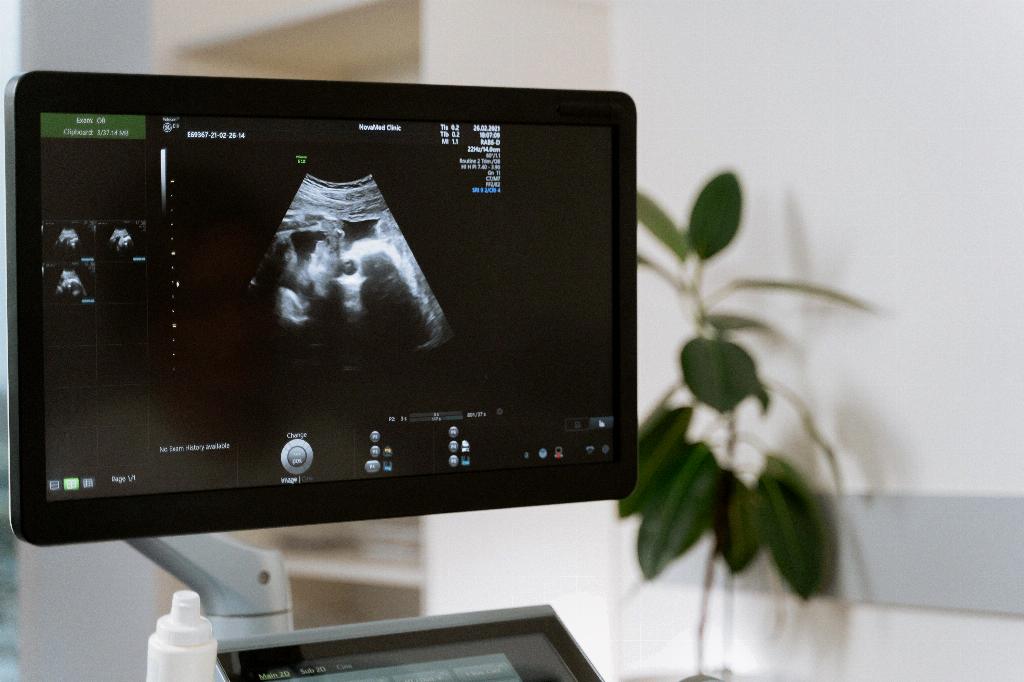When faced with the heartbreaking decision of terminating a pregnancy for medical reasons (TFMR), it’s vital to understand the procedure and the circumstances under which it may be considered.
Reasons for TFMR
TFMR is typically offered when genetic or structural abnormalities are detected in the fetus during prenatal testing, indicating that the baby may not survive outside the womb or may have a severely compromised quality of life.
Medical Indications
Medical complications during pregnancy that pose a significant risk to the mother’s health or the baby’s well-being may also warrant a TFMR. These complications could include conditions such as preeclampsia, placental abnormalities, or severe fetal growth restriction.
Diagnostic Testing
Prior to considering a TFMR, diagnostic tests such as amniocentesis, chorionic villus sampling (CVS), or ultrasound scans may be conducted to assess the health and development of the fetus and identify any potential abnormalities.
Consultation and Counseling
Before proceeding with a TFMR, individuals are typically offered detailed counseling and consultations with healthcare providers, genetic counselors, and other specialists to discuss the implications, risks, and emotional aspects of the procedure.
Legal Considerations
The legality of TFMR varies by region and country, with some places having strict regulations and limitations on when and how the procedure can be performed. It’s important to be aware of the legal framework governing TFMR in your area.
Emotional Impact
Deciding to undergo a TFMR can have a profound emotional impact on individuals and their families. It is essential to have a support system in place and access to mental health resources to navigate the complex emotions that may arise.
Medical Procedure
The TFMR procedure typically involves inducing labor to deliver the fetus, either vaginally or through a cesarean section, depending on the gestational age and individual circumstances. Pain management and emotional support are provided throughout the process.
Aftercare
Following a TFMR, individuals are offered post-procedural care, including physical recovery support, follow-up appointments, and bereavement counseling to help cope with the loss and facilitate healing.
Support Networks
Various organizations and support groups exist to assist individuals who have undergone a TFMR, providing a platform to connect with others who have experienced similar circumstances and offering resources for grief and healing.
Medical Ethics
The decision to undergo a TFMR raises complex ethical considerations regarding reproductive rights, autonomy, and the sanctity of life. It’s crucial for individuals to consider their values and beliefs in navigating this difficult decision.
Continued Care
After a TFMR, ongoing medical and emotional support is essential. Individuals may require long-term care to address the psychological impact of the procedure and to process their grief in a healthy and supportive environment.
Final Thoughts
Ultimately, the TFMR procedure is a deeply personal and emotionally challenging decision that requires careful consideration, compassion, and support. It’s crucial for individuals to prioritize their well-being and seek out resources to guide them through this difficult journey.

